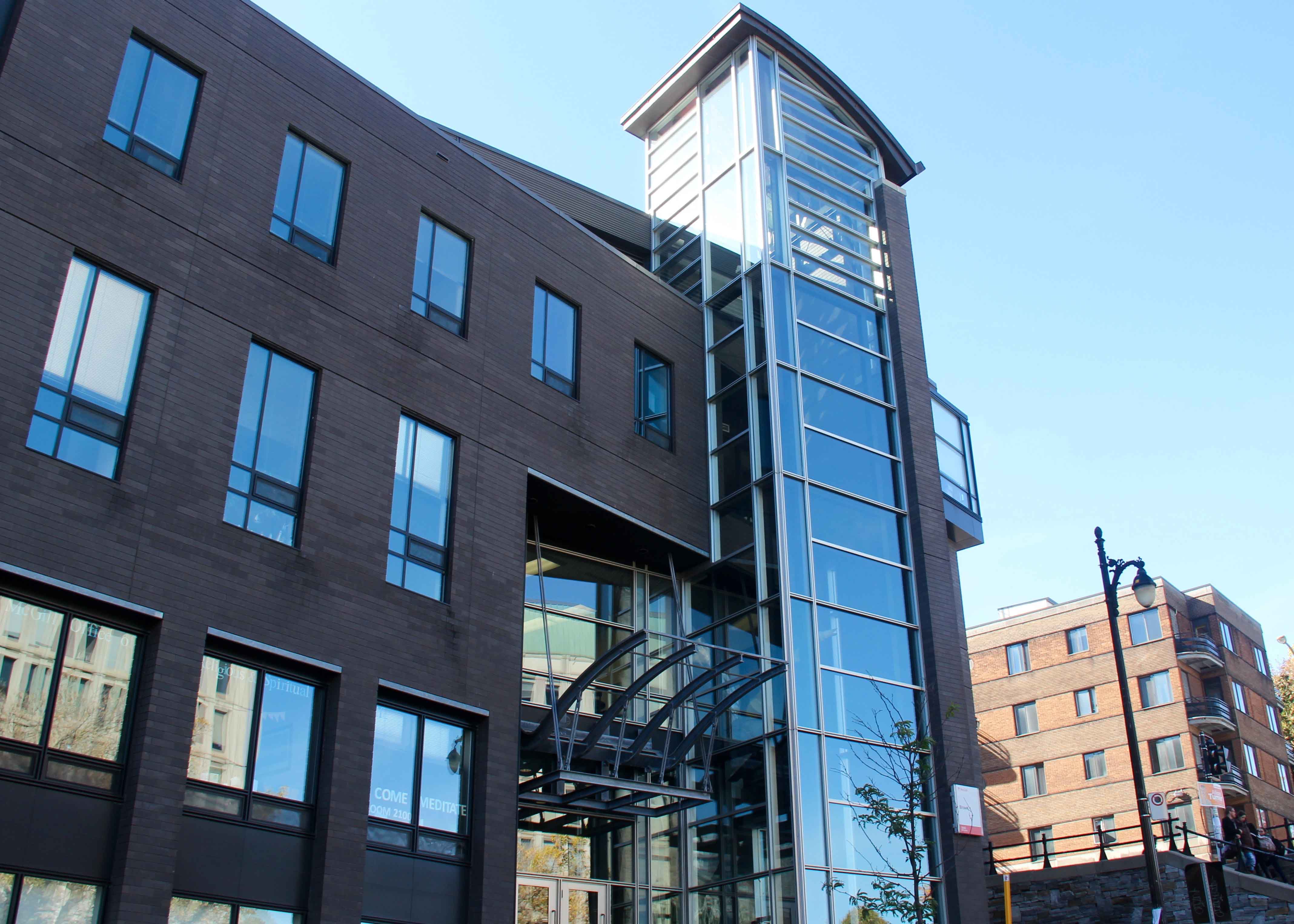Social media posts made by a McGill student about the Student Wellness Hub sparked criticism about the Hub’s accessibility. Charlie Baranski, U3 Arts, tweeted on Nov. 15 about the Hub rescheduling a therapy appointment which he made over 80 days prior. Two hours later, he received an unsolicited phone call from one of the assistant directors of the Wellness Hub who wanted to address his tweet.
Baranski felt that his privacy was breached and expressed his frustration to The McGill Tribune.
“We spoke for about 15 minutes, and he told me [that] he got my number from my record and wanted to address my complaints,” Baranski said. “Obviously that was insane to me. I felt very uncomfortable knowing that my information had been accessed like that and I was thinking if I had been at the same place with my mental health as I was a couple years ago […] that would not have helped my situation to say the least.”
On Nov. 18, Baranski made a post on his Facebook page, suggesting that the Hub’s immediate response to his tweet demonstrated that public image was a higher priority to McGill administrators than student well-being. He discussed his concern for those in more dire mental health circumstances.
“It’s pretty obvious that the system at [McGill] is set up to protect [the] reputation of the Wellness Hub first and the health of students second,” Baranski said. “[This] is completely insane, because there are students at McGill who are more vulnerable than me, who are suffering because of this obsession [with] reputation. If they helped those students, their reputation will get better, because then the Facebook posts and tweets will get a lot better.”
In an email to the Tribune, Executive Director of Student Services Martine Gauthier explained that this issue has been addressed with student representatives, and that phone calls of such nature will not happen again.
“When we hear about students who have had trouble accessing services, we try to find solutions,” Gauthier wrote. “In some cases, we reach out by phone. In our conversations with student representatives, it’s been made clear that expectations about communication have changed and that we need to stick to the platform on which we’re addressed [….] We deeply regret if we have offended students that found this intrusive.”
Student dissatisfaction regarding wait times to access services, physical inaccessibility of the building, and the cost of student health plans were highlighted during a protest outside the Brown Student Services Building on Nov. 12. Students’ Society of McGill University (SSMU) Vice-President University Affairs Madeline Wilson emphasized more accessibility barriers that need to be addressed by the Hub.
“[Further barriers include] not having a counsellor dedicated for racialized students, not having a non-cisgender member of the Pride Team, not being able to afford the cost of private or community care they know they’ll be triaged out to, or not even being able to physically access the Brown Building because the button on the automatic door is broken,” Wilson wrote in an email to the Tribune.
Vera Romano, Director of the Student Wellness Hub, maintains that student feedback currently being collected will help the Hub increase its accessibility. Although three psychiatrists, six general practitioners (GP), and three nurses, have been added to the team during the Fall 2019 semester, Romano explained that the structure of Quebec’s healthcare system has limited the recruitment of healthcare professionals.
“The provincial health ministry doesn’t include hours spent with our students in the hours doctors are required to work, so all of our GPs give time above and beyond their already full workload,” Romano wrote in an email to the Tribune. “The average number of drop-ins with GPs has nearly doubled since the beginning of the semester [….] We have increased the average number of pre-booked appointments available by approximately 150 per cent.”
Baranski urges the Hub to use their resources more effectively.
“Get off the phone with me and give students the therapy [that] they need,” Baranski said.









